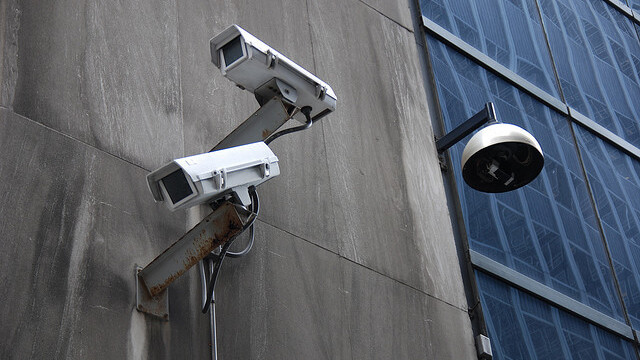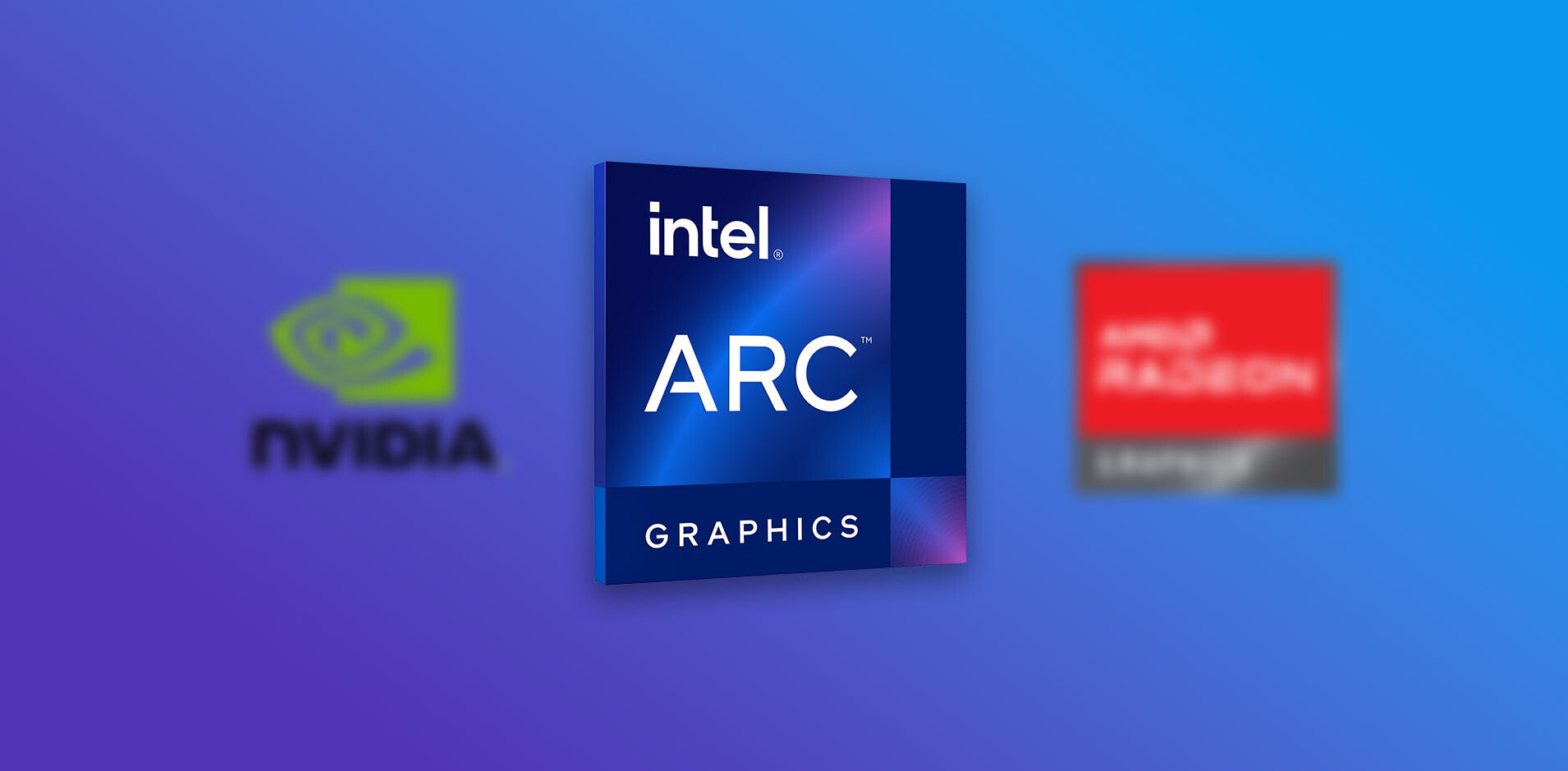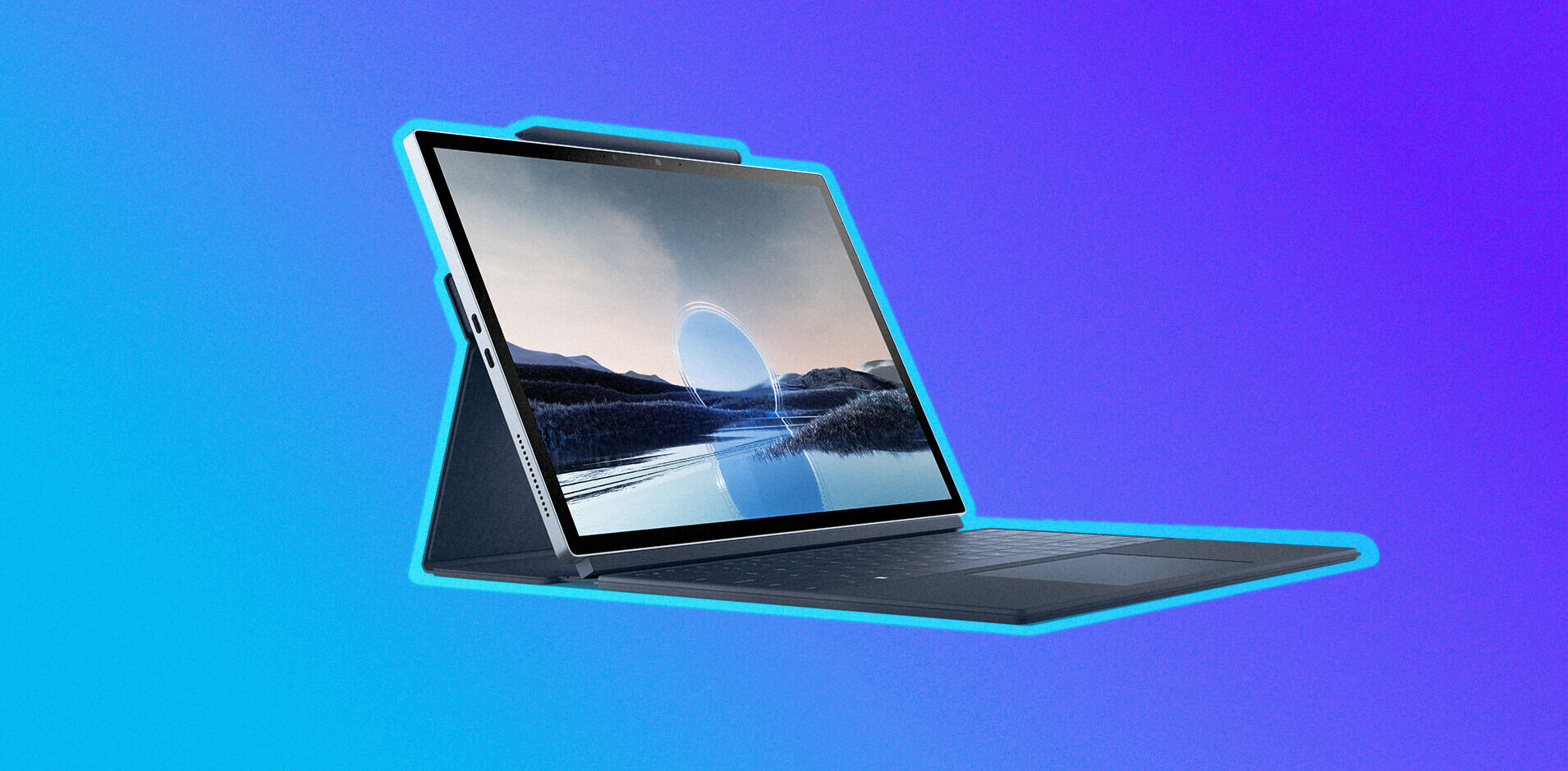
While the US government getting involved in Internet affairs is nothing new, it has only been three months since SOPA (Stop Online Piracy Act) kicked up dust and called attention to some potential threats to our civil liberties. While SOPA wasn’t “new”, it took quite a bit of time for all of us to realize the ramifications of such a bill passing into law.
Because of being late to the party, many Internet companies had to take drastic measures and make huge noise to get attention, thus causing the proposed bill to be dropped.
Just in case you forgot, those drastic measures included Wikipedia going dark for 24 hours and Google blocking out its logo for a day and urging its users to protest:
While the protest was “successful”, meaning that SOPA and its sister bill PIPA weren’t passed into law, we learned a very important lesson during that time, and that’s not to wait until the last minute to educate ourselves on what the government is up to. I’m not a conspiracy theorist by any means, but when it comes to either watching what we do online or censoring what we have to say, I have a problem with it.
There’s new proposed legislation being passed around in Washington, D.C. and it’s called CISPA (The Cyber Intelligence Sharing and Protection Act). Instead of waiting for big companies to educate us on what’s up, some folks are starting to draw attention to CISPA now. An organization called Demand Progress is already calling CISPA the new SOPA, which definitely caught my attention. Here’s how the organization describes the proposed act:
CISPA Is The New SOPA: Help Kill It
Here’s their next move: The Cyber Intelligence Sharing and Protection Act, or CISPA, would obliterate any semblance of online privacy in the United States. It’s up for a vote later this month.
CISPA would provide a victory for content owners who were shell-shocked by the unprecedented outpouring of activism in opposition to SOPA and Internet censorship.
SOPA was pushed as a remedy to the supposed economic threat of online piracy — but economic fear-mongering didn’t quite do the trick, so those concerned about copyright are engaging in sleight of hand, appending their legislation to a bill that most Americans will assume is about keeping them safe from bad guys.
This so-called cyber security bill aims to prevent theft of “government information” and “intellectual property” and could let ISPs block your access to websites — or the you with the government and other corporations. That data could then be used for just about anything — from pr whole Internet.
CISPA also encourages companies to share information aboutosecuting crimes to ad placements. And perhaps worst of all, CISPA supercedes all existing online privacy protections.
Please add your name at right to tell your lawmakers to oppose CISPA.
The Center for Democracy and Technology also has some serious concerns with CISPA:
Concerns with CISPA include:
– CISPA has a very broad, almost unlimited definition of the information that can be shared with government agencies and it supersedes all other privacy laws.
– CISPA is likely to lead to expansion of the government’s role in the monitoring of private communications.
– CISPA is likely to shift control of government cybersecurity efforts from civilian agencies to the military.
– Once the information is shared with the government, it wouldn’t have to be used for cybersecurity, but could instead be used for other purposes.
Much like SOPA, it’s not the things that are spelled out directly in the act that scare people, it’s the doors that something like this could open, taking advantage of the broadness of the proposal. The government is quickly trying to amend old security acts to reflect the new realities of technology, and if the consumers aren’t paying attention, they might find themselves under new scrutiny and surveillance that undermine their civil liberties.
While it might be too early for Wikipedia to plan another blackout, it’s not too early for you to educate yourself on how the government wants to be involved with the Internet in the United States.
Get the TNW newsletter
Get the most important tech news in your inbox each week.





